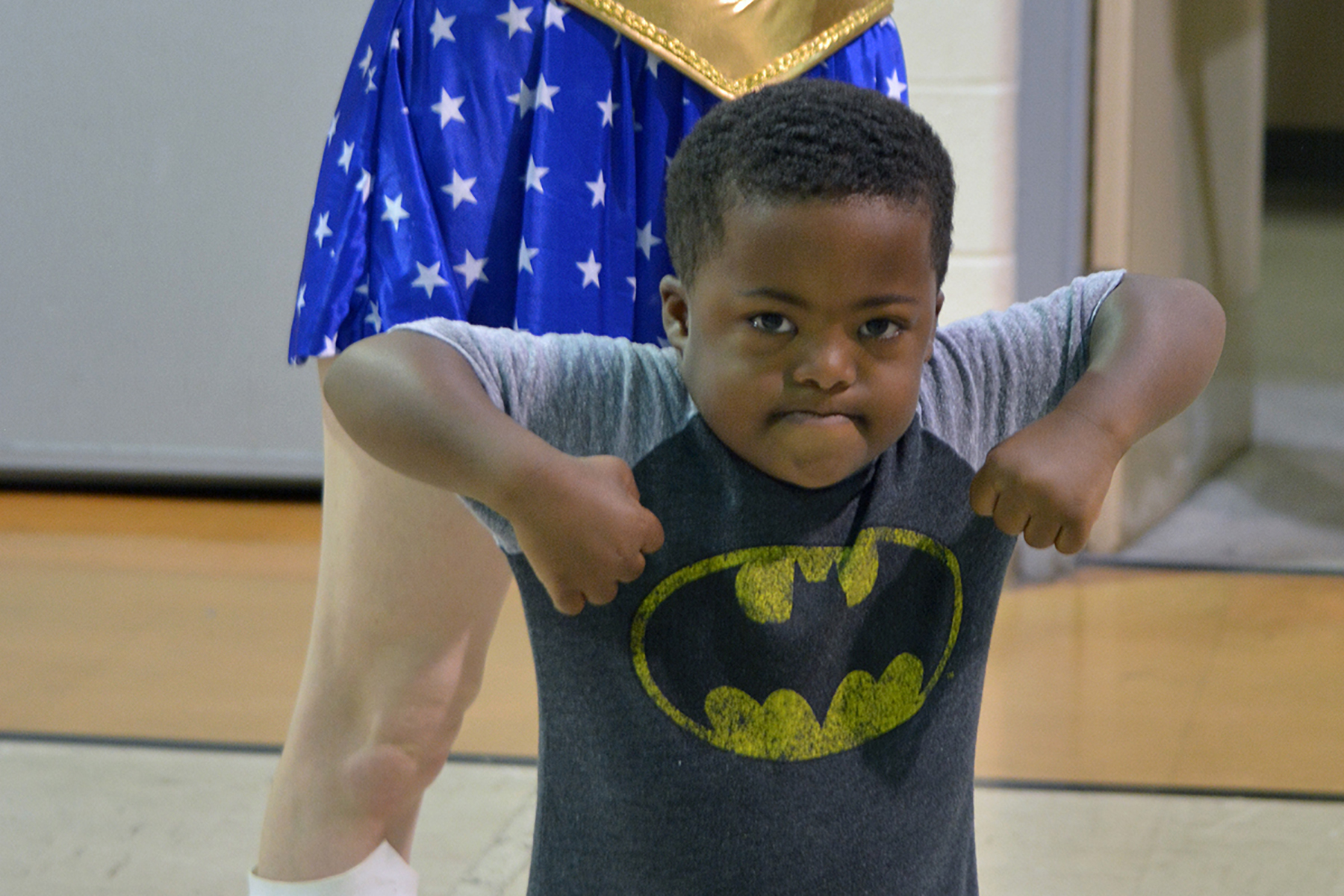Emmaleigh Badeaux, MA, and Tracy Gale, PsyD, HSPP, Easterseals Crossroads
Every parent wants their child to be able to express their emotions in a healthy manner. Children are not born with an understanding of feelings, and one of our jobs, as parents, is to teach them how to appropriately identify, express, and manage their emotions. Here are some everyday strategies to improve your child’s emotional intelligence:
Teach your child to label emotions. Children need to learn a “feelings vocabulary” in order to identify and express their feelings. Teach this by explaining how actions or experiences may cause certain feelings, such as, “When your brother takes your toy, you feel angry. I can tell that you are angry because your eyebrows are pushed together and you are yelling.” It may be helpful to make a list of words that describe emotions to help your child express their feelings.
Consistently use “feeling” words. Integrate “feeling” words into your day, using yourself and others as examples. Express your feelings aloud, saying for example, “Traffic bothers me. When I am sitting in traffic, I feel nervous about being late. When I am nervous, it helps if I take deep breaths.” When reading books together, have your child label the emotions of the characters based on their words or facial expressions. Make it a game by acting out different feelings. Show happiness by smiling, or fear by widening your eyes, and then have your child guess your feelings.
Rewind and re-try. If your child experienced a strong emotion and could not label it, refer to it later. Such experiences are “teachable moments.” Coach your child through the appropriate vocabulary they could have used and discuss more appropriate ways to manage emotions, such as asking for help, asking for a turn, or counting to 10. Try to catch your child while they are feeling strongly and guide them through labeling, expressing, and managing their feeling.
When children feel confident about acknowledging and managing their feelings, they are more likely to do so and can be better equipped in emotionally-laden situations. Children who have such skills are more likely to succeed academically, behaviorally, and socially.




